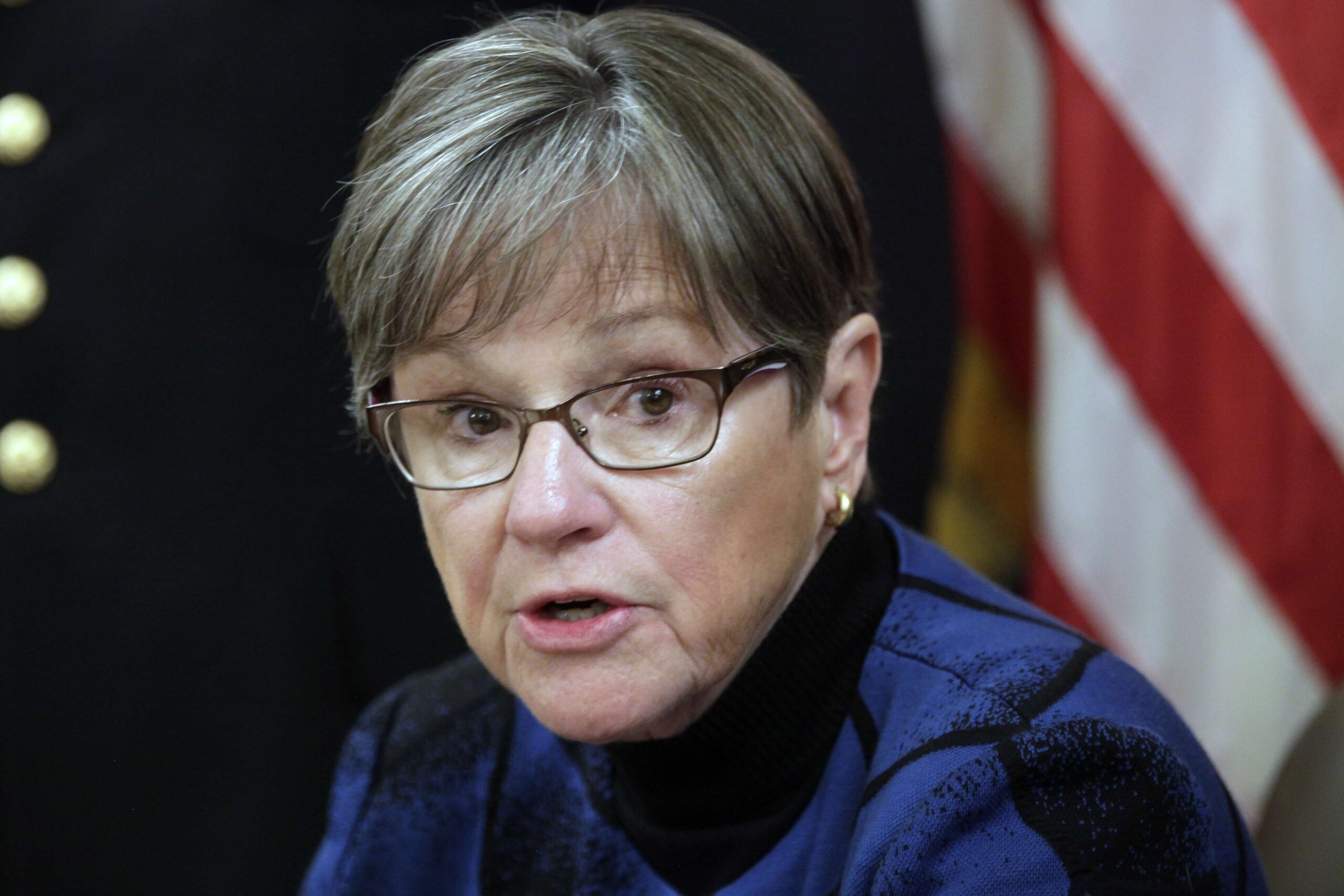Kansas’ Democratic governor vetoed two Republican-led anti-trans proposals on April 15: a ban on trans girls’ participation on girls’ sports teams, and a bill that would have made it easier for parents to challenge classroom curriculum that goes against their beliefs.
The latter bill was put forth as a “parent’s bill of rights,” and would have allowed parents to remove materials from public school classrooms and libraries by granting them the right to challenge the “material or educational benefit” of any content in the classroom or school library. Advocates have said the bill would likely be used to target books discussing LGBTQ2S+ or race-based topics.
Gov. Laura Kelly had previously called it a “teacher demoralization act,” stating the bill was about “politics, not parents.”
“This bill didn’t come from the experts at our schools, our athletes, or the Kansas State High School Activities Association. It came from politicians trying to score political points.”
She also criticized the trans athlete ban in a statement accompanying the veto, calling it “unnecessary and divisive” and saying that it would hurt the state’s ability to attract and retain businesses, according to The Kansas City Star. Kelly vetoed a similar bill last year.
“We all want a fair and safe place for our kids to play and compete. However, this bill didn’t come from the experts at our schools, our athletes, or the Kansas State High School Activities Association. It came from politicians trying to score political points,” said Kelly.
Local advocates praised Kelly’s decision and called upon the legislature to let the vetoes stand. ACLU of Kansas executive director Micah Kubic called the bill “legalized bullying in the name of identity politics.”
“Fairness is an equal opportunity for kids to participate in sports to learn and grow,” Kubic added. “All of our children deserve that opportunity and the bright future it can help provide.”
While Republican legislators are reportedly expected to attempt to override the vetoes, neither of the measures cleared either chamber of the Republican-controlled legislature with the two-thirds majority necessary to overturn a veto—making an overturn unlikely.
Kelly joins a bipartisan group of governors leading the way in vetoing anti-trans legislation, including governors in Kentucky, Indiana and Utah. In the case of many of these states, Republican-majority legislatures have been able to quickly overturn the vetoes.
The recent vetoes in Kansas will likely fuel opposition to Kelly’s reelection campaign in the lead-up to this fall’s midterm elections. Following Friday’s announcement, one of her opponents, Kansas attorney general Derek Schmidt, criticized her stance in a tweet and stated that he would have signed the bill into law.
Kentucky lawmakers discussed eight anti-LGBTQ2S+ bills this session, according to Freedom for All Americans’ legislative tracker. These included a bill criminalizing doctors who provide gender-affirming care to trans youth, which has been in committee since last year. Alabama recently became the first state in the U.S. to pass such a bill.


 Why you can trust Xtra
Why you can trust Xtra


